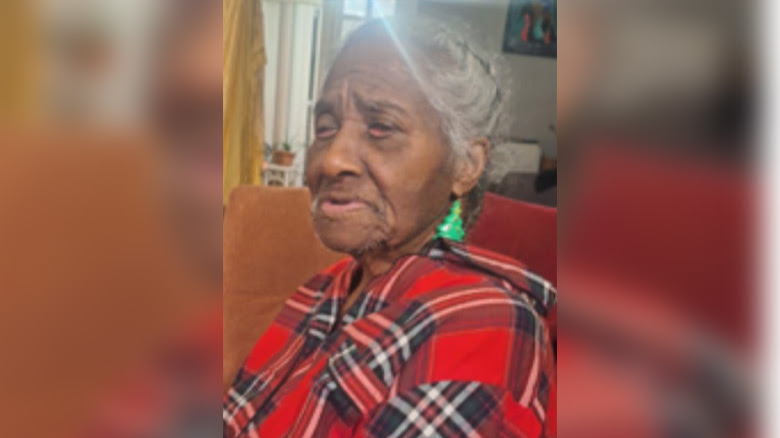
Updated: 5:10 p.m.
PHILADELPHIA (KYW Newsradio) — A 92-year-old woman with dementia who was reported missing over the weekend was found dead on Tuesday, Philadelphia police said. Investigators believe she died due to prolonged exposure to the cold.
The woman, who police identified as Bessie Watson, was reported missing on Sunday. Police said surveillance video shows her leaving her Wynnefield home, but she never returned. Her family told police that she had gone missing before.
On Tuesday, police responded to a 911 call and found the woman dead in the back seat of a car belonging to a neighbor who tends to leave it unlocked. The woman was wearing a winter coat, but that was not enough to protect her from the extreme cold, police said.
It is a grim reminder of the danger of overexposure to the cold, particularly for the most vulnerable.
🚰 MORE: How to prevent your pipes from bursting in below-freezing temps
The below-freezing temperatures should not be taken lightly, said Dr. Kraftin Schreyer, director of clinical operations at Temple University Hospital-Main Campus Emergency Department. Just as with heat waves in the summer, Schreyer said, people need to make sure friends, family members and neighbors are safe.
“All these cold illnesses that we see are more prevalent in populations that are vulnerable,” Schreyer said. “So that might be the elderly, the very young, people who are homeless, have psychiatric illness or substance abuse problems.”
Warning signs of overexposure
She said people should watch out for sensory changes in extremities, which could indicate frostbite.
“Numbness or tingling, any discoloration of digits, particularly fingers or toes or your nose or your mouth — areas that are subject to direct exposure to the temperatures are most at risk.”
In the most severe cases, those who are exposed to the cold for too long can get hypothermia.
⚠️ MORE: PennDOT issues driving advisory as roads are expected to ice over
“That’s when your core body temperature drops below an acceptable threshold,” she explained. “That can cause problems ranging from difficulties with internal temperature control — the ability to kind of shiver and warm yourself up — all the way to organ damage and potentially a heart attack or cardiac arrest.”
Another warning sign of someone experiencing hypothermia is confusion, which is why Schreyer said it’s essential that people check up on vulnerable family members and neighbors to look for behavioral changes.
Schreyer also recommends outdoor exercises be put on hold when temperatures are as low as they have been.
“When you’re exercising, your body warms up because of the increase in your metabolic rate, and that can kind of give you a false sense of security,” she said.
Find help staying warm
An extended Code Blue went into effect on Sunday throughout the region. Philadelphia has 20 warming centers open to city residents — not just those who are homeless, but anyone and everyone who needs a place to go during the day.
“There are 20 that are open throughout the day. Two of them are 24 hours, and the others operate on 12-hour intervals,” said Cheryl Hill with the Office of Homeless Services.
♨ MORE: Find a warming center near you
In Kensington, at Prevention Point of Philadelphia, a nonprofit public health organization, women's night on Wednesday is open to all during the city's Code Blue activation, according to coordinator Teena Weisler.
"We'll feed folks. We have a lot of winter items to give away. We have jackets and blankets, so they can be prepared once they have to go back out in the cold," Weisler said.
OHS is asking anyone who encounters an unhoused person who may need help to call their help line at 215-232-1984. The office will send an outreach team to check on that individual.
Pets are at risk, too
ACCT Philly, the city's animal care and control team, asks that people remember their animal companions during these dangerous conditions.
"We are asking people to make sure if you have indoor cats that go inside and outside that they stay inside for this cold weather," said Mikayla Allen, ACCT Philly communication coordinator.
"We also are asking people if your dog is not like a northern breed, or a husky, to keep them out there for just a potty break; it's way too cold for them to be out there. Limit less than 15 minutes for each potty break. If your dog has shorter fur, put on a sweater."
To report animals that may be left out in the cold, call the shelter at 267-385-3800 and press 1.
